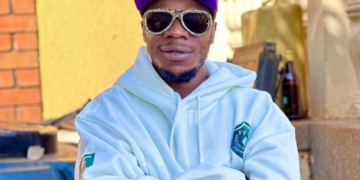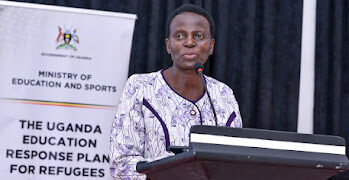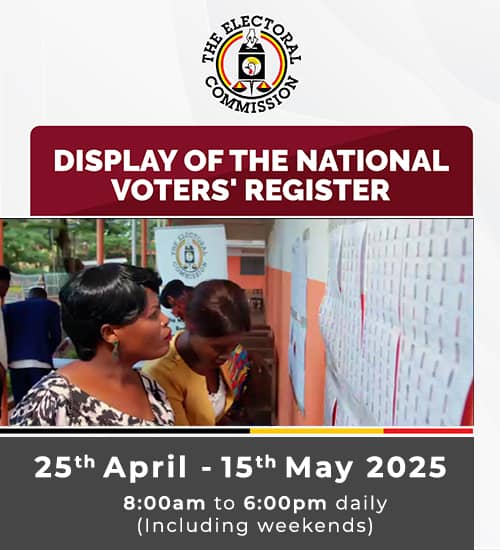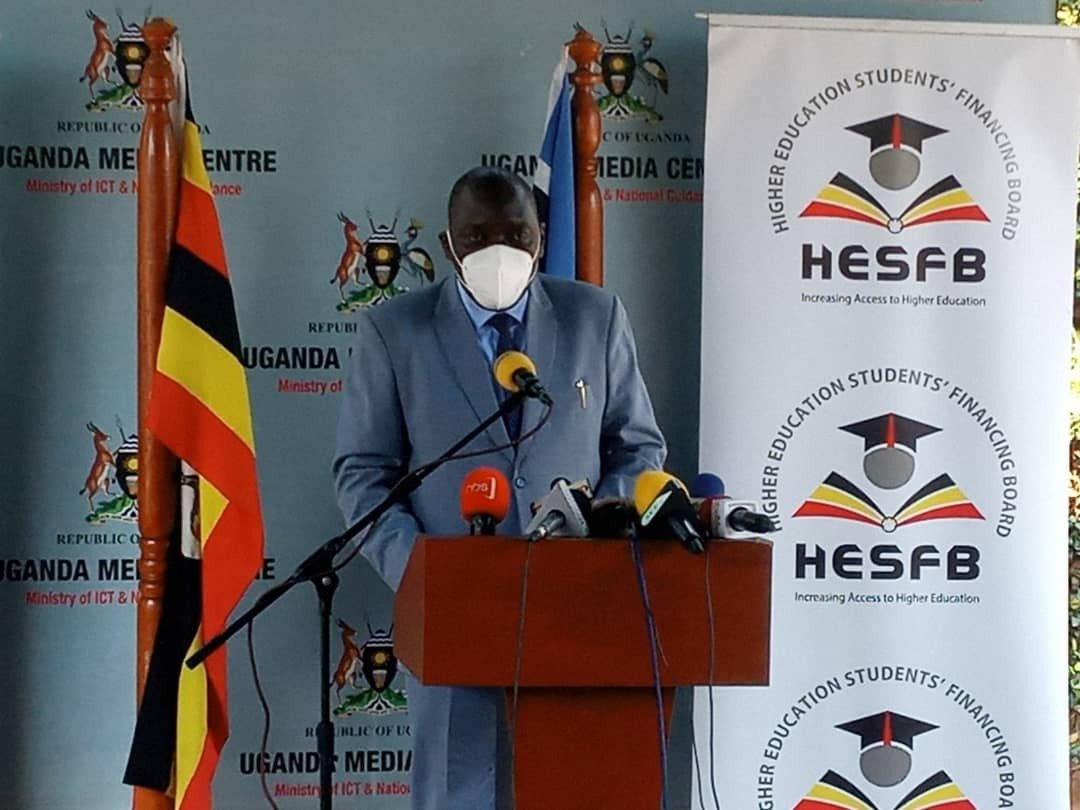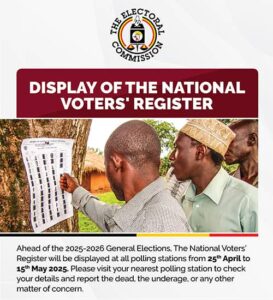Tanzania has announced it has received its first shipment of Madagascar’s self-proclaimed, plant-based “cure” for coronavirus, despite warnings from the World Health Organization that its efficacy is unproven.
The announcement on Friday came days after Madagascar said it would begin selling the herbal concoction – known as Covid-Organics – and that several African countries had already put in orders.
“Tanzania today received the support of coronavirus medicine from Madagascar,” government spokesman Hassan Abas said on Twitter.
The purported remedy is a drink derived from artemisia – a plant with proven efficacy in malaria treatment – and other indigenous herbs.
Last month, Madagascar’s President Andry Rajoelina launched the remedy at a news conference, drinking from a sleekly-branded bottle filled with an amber liquid which he said had already cured two people.
Madagascar has since been giving away thousands of bottles of the product, developed by the state-run Malagasy Institute of Applied Research, to countries across Africa.
Earlier this week, the East African island nation said it would begin selling the drink, which domestically can be bought for around 40 US cents per bottle.
Along with Tanzania, Equatorial Guinea, Central African Republic, the Republic of the Congo, and the Democratic Republic of the Congo, Liberia and Guinea-Bissau have already received thousands of doses of Covid-Organics free of charge.
Guinea-Bissau has received more than 16,000 doses which it is distributing to the 14 other African nations.
Meanwhile, Tanzanian President John Magufuli has come under fire for repeatedly playing down the gravity of the coronavirus pandemic.
After Magufuli on April 22 accused the health ministry of stoking panic by releasing new figures, the country has only updated its numbers once, on April 29, at which date it had recorded 480 cases.
Health Minister Ummy Mwalimu on Friday said the government would resume giving regular updates in a few days after completing improvements to the country’s laboratory infrastructure.
“Coronavirus is there and it will continue for a couple of months. We have patients and others are dying,” Mwalimu said. “We need to learn how to live with it by taking precautionary measures.”




















